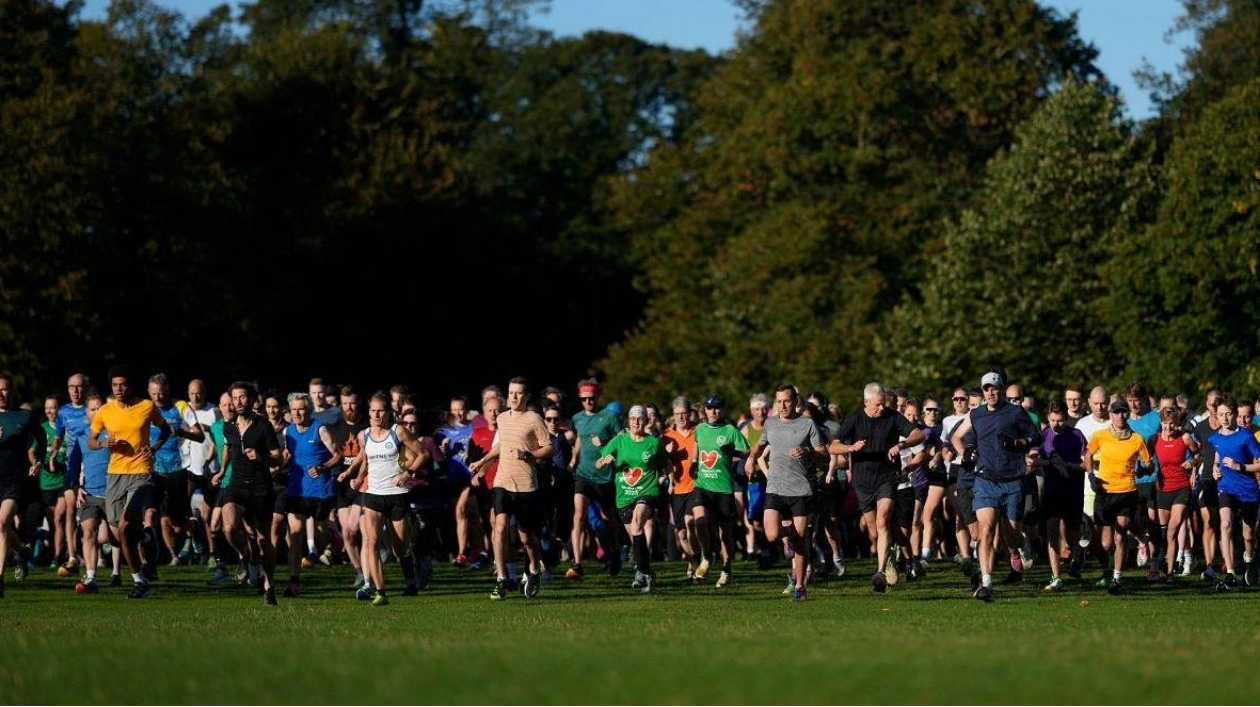In 2004, on a cool autumn morning, 13 runners assembled in London's Bushy Park for an informal 5-kilometer run, unintentionally laying the groundwork for a worldwide fitness movement. 'I had no idea who would join me that day,' recalls Paul Sinton-Hewitt, the founder of parkrun (note the lowercase). 'I didn't mind how many people showed up. I would be at the starting line every week for the rest of my life, helping people to run.' What started as a small, weekly gathering quickly evolved into something much larger than Sinton-Hewitt, a software developer from South Africa, had ever envisioned. Two decades on, parkrun marks its 20th anniversary, with over 2,500 events in more than 20 countries, including 25 prisons. With over 10 million participants and more than 100 million recorded finishes, parkrun has become a global phenomenon. For those unfamiliar, parkrun is a weekly, organized 5-kilometer (3.1-mile) fun run held in local parks worldwide. Initiated by Sinton-Hewitt, the aim was to create an accessible, inclusive, and non-competitive running event for all ages and abilities. These volunteer-led gatherings are open to everyone and, best of all, completely free! Participants are encouraged to walk, jog, or run at their own pace, with each person's time recorded to track progress. 'I never wanted to push the idea of, 'Here's something you should do,'' Sinton-Hewitt explains. 'I wanted it to sell itself, which it did because people naturally felt it was good.' Participating in a parkrun is undeniably beneficial for health... The World Health Organization has endorsed the fun run for its accessible approach to physical activity, and over 2,000 doctor's offices partner with the organization to promote its health benefits. A study in PLOS Global Public Health found that more than 45,000 people in the UK who registered for parkrun this year were previously completely inactive. 'We all say it's changed our lives,' says Caroline Noon, who began running around age 50 and has completed over 320 parkruns. Dr. Naushin Hossain, another runner, adds, 'It has boosted my confidence because running makes me feel stronger. I'm happier, healthier, and it connects me with other runners and mountaineers. They are genuinely happy and confident people, which has significantly helped my confidence.' Sinton-Hewitt believes the organization is far from slowing down in its mission to make running accessible to all. Lithuania recently joined the list as the 23rd country to host parkrun in its capital, Vilnius. Uganda, Portugal, and Switzerland are next in line. Ireland currently leads in global parkrun participation, with 8-9% of its population registered. 'We're the smallest we'll ever be,' Sinton-Hewitt asserts. 'In 20 years, when we revisit this conversation, those numbers will seem tiny. It's an odd thing.'
Source link: https://www.euronews.com






